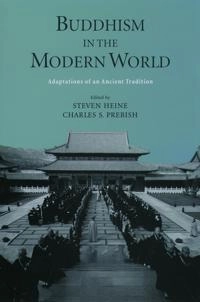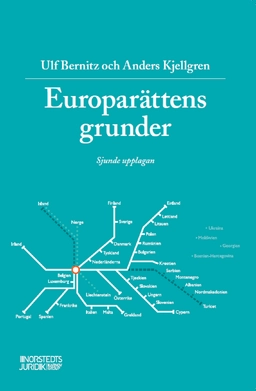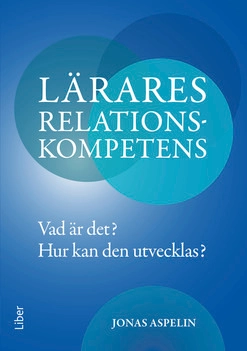

Buddhism in the modern world : adaptations of an ancient tradition
- Utgiven: 2003
- ISBN: 9780195146981
- Sidor: 304 st
- Förlag: Oxford University Press
- Format: Häftad
- Språk: Engelska
Om boken
Åtkomstkoder och digitalt tilläggsmaterial garanteras inte med begagnade böcker
Mer om Buddhism in the modern world : adaptations of an ancient tradition (2003)
2003 släpptes boken Buddhism in the modern world : adaptations of an ancient tradition skriven av Steven Heine, Charles S. Prebish. Den är skriven på engelska och består av 304 sidor. Förlaget bakom boken är Oxford University Press.
Köp boken Buddhism in the modern world : adaptations of an ancient tradition på Studentapan och spara uppåt 37% jämfört med lägsta nypris hos bokhandeln.
Referera till Buddhism in the modern world : adaptations of an ancient tradition
Harvard
Oxford
APA
Vancouver



















